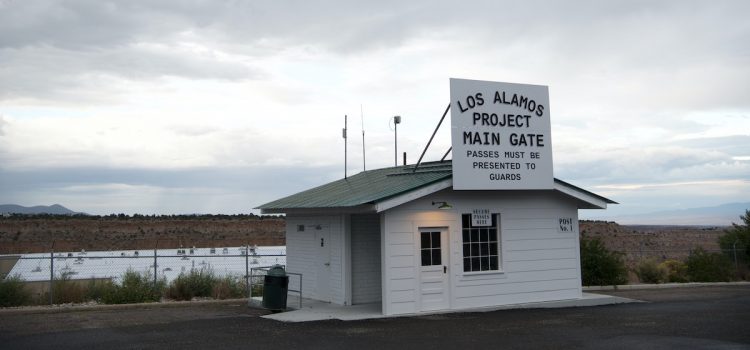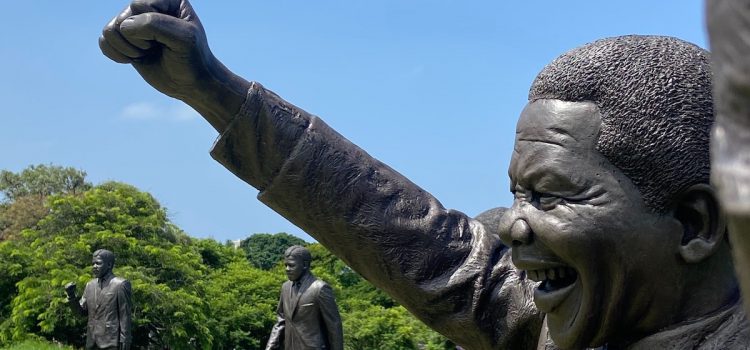How did Richard Feynman irritate the folks in the Los Alamos mail room? Why did he consider it his patriotic duty to break into his colleagues’ file cabinets? Richard Feynman’s Los Alamos experience blended serious business with enjoyment. This first stop on his professional journey set the pattern for his career. In his memoir, he talks about some of the work he did on the Manhattan Project and shares some of the lighter moments. Keep reading to learn about Richard Feynman at Los Alamos.
Richard Feynman at Los Alamos: Serious Business & a Bit of Fun










